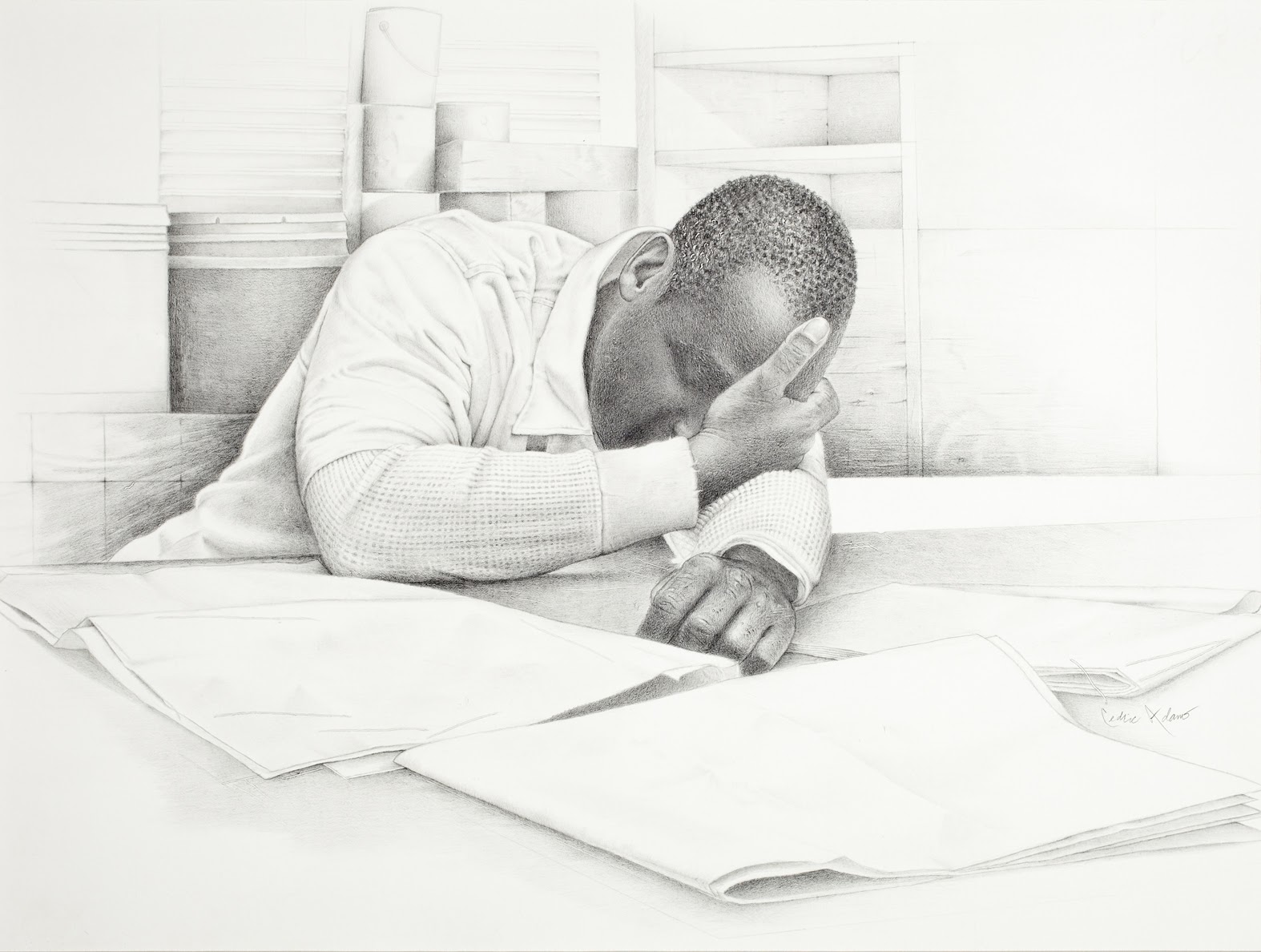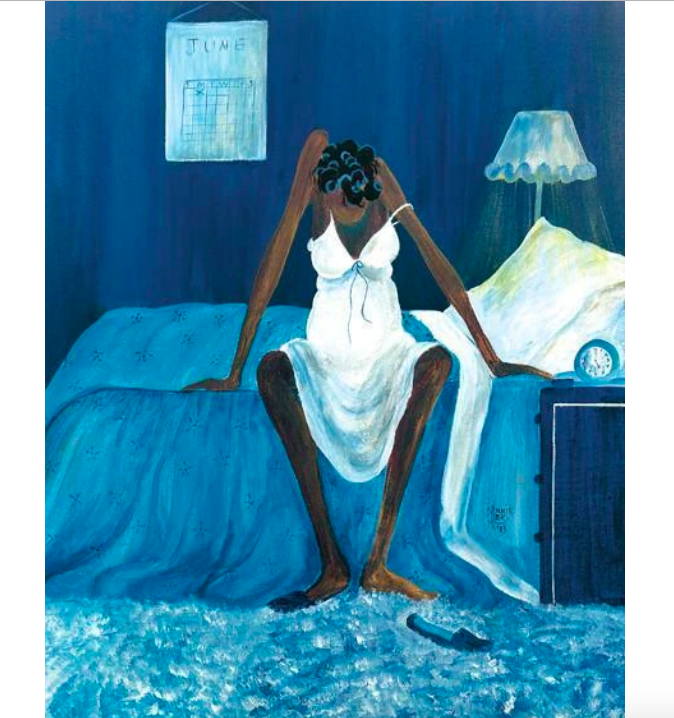Hero Image courtesy of Columbus Dispatch.
Let’s face it, you counted sheep a million times, played your sleep playlist, and prayed that you would get some shut-eye. But it is still not working. The sun comes up and the sky’s blue. You’re watching the sunrise and frustrated with your lack of sleep. Quickly, you have to be ready for work mentally, physically, and fashionably. However, your mind is slow, your body hurts, and your button down is wrinkled. You can’t fake the funk–grogginess affects your whole day. The amount of sleep you have sets the tone for your day. These are the signs of a person struggling to get quality and quantity of sleep. If these symptoms resonate with you, then you struggle with having long and deep sleep. We have listed scientific ways to boost your sleep and make your relationship with sleep more pleasant rather than a chore.
In this article you will learn:
- Why Sleep is Important for Your Mental and Physical Health
- Why People Often Struggle with Sleep
- Science-Backed Tips for a Better Sleep
Rewards of Sleep
Physical and Mental Health Benefits of Sleep
Catching some zzz’s can improve weight loss, a regulated mood, increase memory, create alertness during the day, and boost your immune system. Even the author Ottessa Moshfegh explores this concept in her book, My Year of Rest and Relaxation, when the protagonist chooses to sleep for a year to regenerate and make her body new. This fictional view of sleep has some grounding in reality like the ability for the body to regenerate during sleep. Sleep is sacred so treat it as such! Moshfegh describes the transformative and divine nature of sleep when she writes:
“Sleep felt productive. Something was getting sorted out. I knew in my heart—this was, perhaps, the only thing my heart knew back then—that when I’d slept enough, I’d be okay. I’d be renewed, reborn. I would be a whole new person, every one of my cells regenerated enough times that the old cells were just distant, foggy memories. My past life would be but a dream, and I could start over without regrets, bolstered by the bliss and serenity that I would have accumulated in my year of rest and relaxation.”
Everyone has 24 hours in a day. How you spend it is up to you. It is recommended that adults have 8 hours or more of sleep per night, so consider this as an investment. A full ⅓ of your day will be rejuvenating your body and treating your temple right. That is such a privilege.

Why People Struggle With Sleep
Barriers to Successful Sleep
According to Penn State Medical School, thirty percent of adults have some form of insomnia. The Sleep Foundation identifies that there are different types of insomnia, which are the following: acute insomnia (an episode of difficulty sleeping triggered by a stressor), chronic insomnia (when three nights a week or more you may have trouble falling and staying asleep), comorbid insomnia (when underlying mental or physical conditions make it harder to sleep), onset insomnia (when someone has trouble falling asleep), and maintenance insomnia (when you cannot stay asleep).
A struggle with sleep signifies major stressors, conditions you may not realize you have, and coping mechanisms to socioeconomic and racial trauma. Protect your sleep because it preserves the body and can be a great form of resistance to stress and trauma.

Science-backed Tips for a Better Sleep
How Sleep Occurs in the Brain
Did you know that the place in your brain that controls sleep is the hypothalamus? This part of the brain controls that circadian rhythm and response to light exposure. The brain stem signals to the hypothalamus when it is time for sleep and this part of the brain signals to the body to relax its muscles for REM sleep. There are definite ways to trick your brain into having a better sleep. Do not approach sleep as a chore, but a chance to invest in yourself and reward your brain for all the hard work during the day.
These are some ways to signal that it’s sleepytime:
- Make a strict sleep schedule
- Do not have caffeine after 2pm
- Regulate your eating habits by making sure that you do not go to bed hungry or stuffed
- Avoid Alcohol 3 hrs before bed
- Check to see if your medications interfere with your sleep patterns
- Use your bedroom for sleep and relaxation only
- Develop a routine around your bedtime
- Make sure that your room is dark enough to signal that it is bedtime
- Cognitive Behavioral Therapy to reduce anxiety and deal with trauma [Harvard Medical School names this as one of the first defenses against lack of sleep]
- Create a restful environment for yourself (that may include aromatherapy, making your room a better temperature more conducive for sleep, and minimizing distractions)
- Limit long daytime naps
- Include physical activity in your day
- Write down worries before bed
- Talk to your doctor about these issues persisting because it may require a prescription, a doctor-informed plan, and/or therapy

Cultivate a Better Sleep and Share it
We encourage you to share what has worked for you in terms of creating a new sleep routine. Do you have camomile tea before bed? Have you bought a nice robe specifically to treat yourself and help you to approach sleep with joy? Let us know in the comments.
